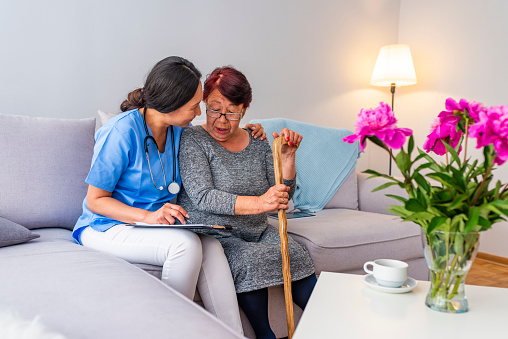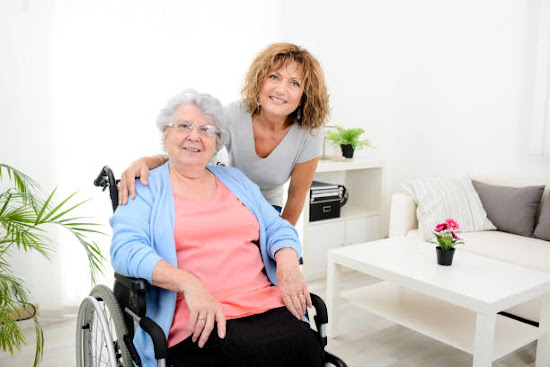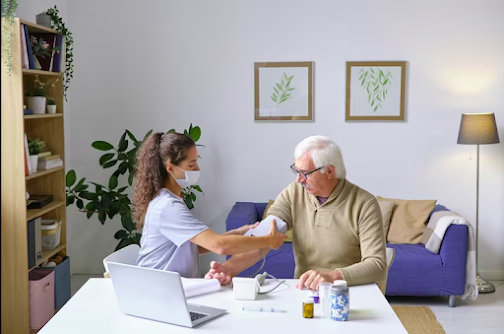Tips For Helping a Senior Loved One Recovery Safely at Home
Our senior elders are our family's backbone. As a
result, we are primarily responsible for their care, health, and safety
protection. Seniors who recover at home after an illness or surgery are less
likely to develop an infection or be Rehospitalizations. Unrestricted
visitation makes the recovery process more pleasurable. The emotional boost
that comes from being at home speeds healing. But Millions of families juggle
employment schedules, household duties, raising children, and caring for aging
relatives. Job, household stress, and emotional demands might make it tough to
care for their seniors. Hiring Columbus Elder Care providers give elderly seniors and their families peace of
mind.
Set Things Up In Advance - Step 1
The first step in creating a safe space for a
senior to recover at home is performing a home safety inspection. Next,
rearrange or remove furniture to make enough room to walk safely or maneuver a
wheelchair, walker, or another mobility device.
- Secure or remove tripping hazards
- Make sure the lighting is adequate
- Test smoke and carbon monoxide detectors
- Ensure that railings are solid
Apply non-slip decals to shower/bathtub floors and
other slick walking surfaces. If your loved one cannot climb stairs, convert
the first-floor room into a bedroom.
Set Things Up in Advance - Step 2
When a senior returns home to recover, all needed medical appliances like hospital beds, oxygen, and mobility aids should already be in the house. The same is true of modifications to the dwelling, including installing handrails and alterations to stairs. Additionally, fill your senior's prescriptions and purchase wound care products in advance. For all this to happen, discuss discharge plans with your loved one's doctor as early as possible.
Understand Discharge Instructions
Before leaving the care facility:
- Be sure you understand your senior's post-discharge care
instructions.
- Don't be shy about clarifying anything you don't understand.
- Request a copy of the discharge orders to take with you for future
reference.
Study The Meds
Thoroughly familiarize yourself with your senior's meds. In addition to learning when, how much, and how often medicine is taken, know about the symptoms of potential side effects. Always have a written list of your senior's pharmaceuticals in an emergency. Record the names of the meds, the dosage, times taken per day, and the purpose of the treatment, e.g., control blood pressure.
Understand Special Care Instructions
Your loved one may require care beyond the administration of pharmaceuticals. Inquire as to how to follow special care instructions properly. For example, elevating a leg seems simple enough; just put a pillow under the limb. However, properly elevating an arm or leg is more involved than that, and incorrectly supporting a limb can lead to complications.
Keep Your Senior From Overdoing
Being restricted in what you can do, even when
medically necessary, isn't easy on anyone. However, adherence to prescribed
limitations is part of a safe recovery. Please do not allow your senior to
perform any movement or task on their restrictions list. If your loved one is
determined to overdo it, remind them that doing too much too fast could create
new health issues and prolong their recovery.
After reading this article, you can clearly
understand how to help your senior loved one recover while living at home.
Along with more apparent benefits of recovery at home, sometimes you need
professional care from Senior Care Columbus which cares for your elder if you are busy with some important work.




Comments
Post a Comment